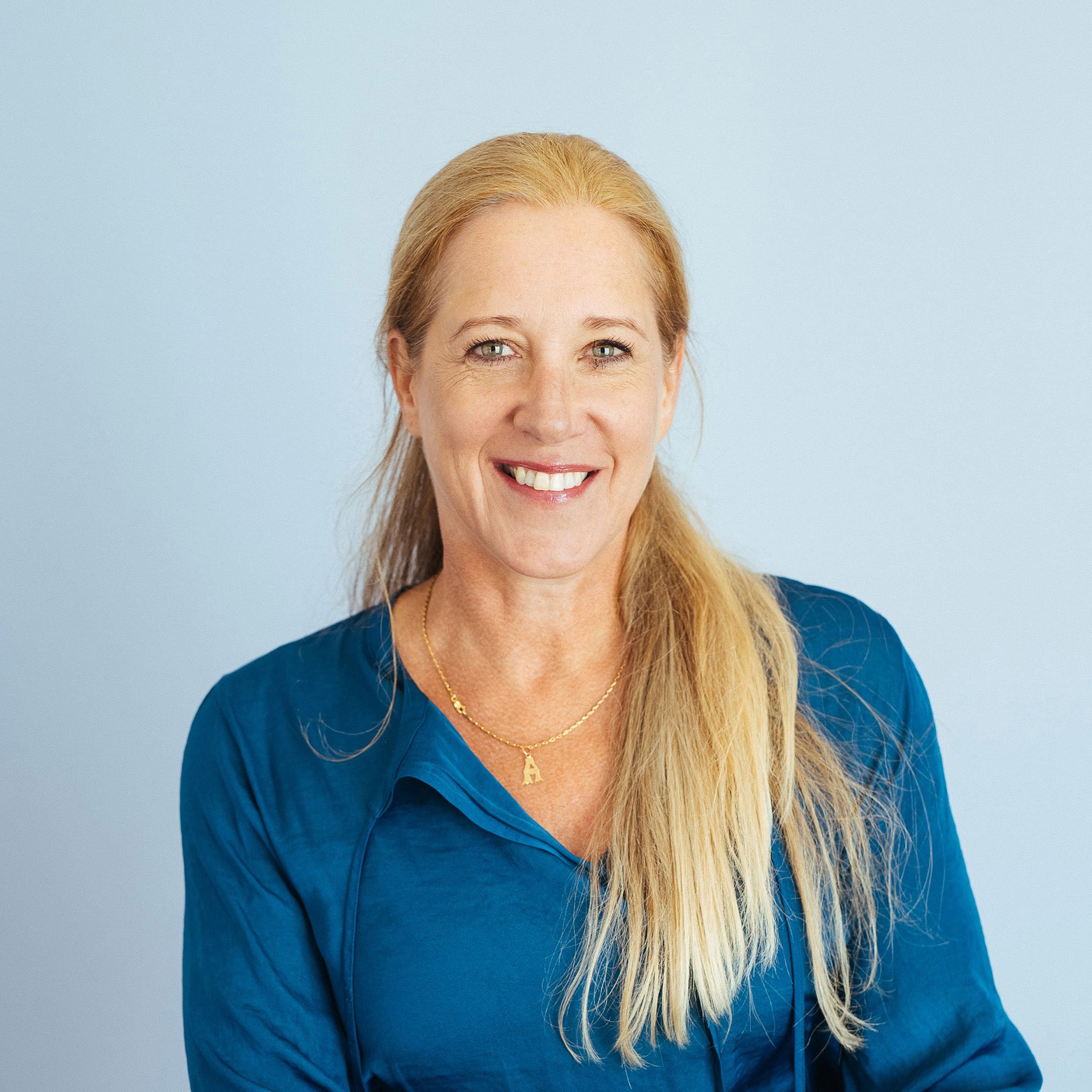
Alex Denham
SMSF Technical Specialist
When the unthinkable strikes, members can access their super tax free, but consider the strategies first.
When a person receives the devastating diagnosis that they have a terminal illness, their and their family’s world is turned upside down. When last week they were arguing with their spouse over who picks up the kids from gymnastics tomorrow night, suddenly those issues become irrelevant. Life now is about doctors, treatments, and - importantly - making memories with their family.
Unfortunately, these illnesses can strike at any time, and it could very possibly be at a time when finances are stretched – mortgage payments are hurting and bills are going unpaid.
There is some potential relief from the financial stress in this situation in the form of a “condition of release” in the superannuation laws that allows those diagnosed with a terminal illness to access their super as a lump sum – tax free - regardless of their age.
As Trustee of your SMSF, you must ensure two conditions are met before releasing a member’s benefits under this provision:
- two registered medical practitioners must certify that the member suffers from an illness, or has incurred an injury, that is likely to result in the member’s death with 24 months of the date of the certification, and
- at least one of those doctors must be a specialist practicing in the field of medicine relating to the member’s illness.
The certification lasts 24 months, and when it is supplied to you as Trustee of the Fund, the members’ benefits can be reclassified as “unrestricted non-preserved” and amounts paid out to the member are tax-free. The member does not have to withdraw their entire balance, it’s just that they can. Once benefits are classified “unrestricted non-preserved”, they stay that way.
If, after 24 months, the member still has a balance (and has not passed away), the benefits – and any additional benefits accrued in that period - are still unrestricted non-preserved, however tax may apply on withdrawals depending on their age. The member may supply a new certification to start the 24-month period again.
Strategic Considerations
Being able to access super benefits tax free on diagnosis of a terminal medical condition gives members greater options to “tidy up” their affairs prior to death. However, it is important to not overlook strategy considerations including.
- For those members whose only beneficiaries of their super are their adult, non-dependant children, there can be tax advantages to withdrawing the money under this condition prior to passing away. Non-dependant beneficiaries are subject to tax on the taxable component of death benefit payments at 15% plus Medicare. Whereas payments under this condition are, as mentioned, tax free whilst the member is alive. Once the money is out of the super fund and paid to a member, it will form part of their estate on their death, and will be distributed in accordance with their Will.
- Trustees and members should be aware that once the medical certificates have been obtained, benefits accessed under this condition of release cannot be rolled over between super funds. They can be transferred to another super fund, however the payment from the original fund will be treated as a lump sum, and the amount paid into the new fund will be considered a personal contribution from the member and will count towards their concessional or non-concessional cap. SMSF Trustees beware: once a Trustee knows that a terminal medical condition exists in relation to a member, they cannot treat a transfer of that member’s benefit to another super fund as a rollover.
- Remember to consider any life insurance policies held in the super fund by the member and ensure that he or she doesn’t inadvertently cancel their cover by withdrawing their entire balance. Many death cover policies allow for a terminal illness claim.
- If Centrelink payments are a priority, and the member is under Age Pension age, consider leaving the money in super in accumulation phase, as it will be hidden from the Income and Assets test. Once the member withdraws it as a lump sum or commences a pension, it will start to be included in Centrelink’s means testing.
If you're a accountant or adviser looking to upskill in a particular area of SMSFs and superannuation you may be interested in our coming events, take a look at what's coming up here.
This article is for general information only. It does not constitute financial product advice and has been prepared without taking into account any individual’s personal objectives, situation or needs. It is not intended to be a complete summary of the issues and should not be relied upon without seeking advice specific to your circumstances.



